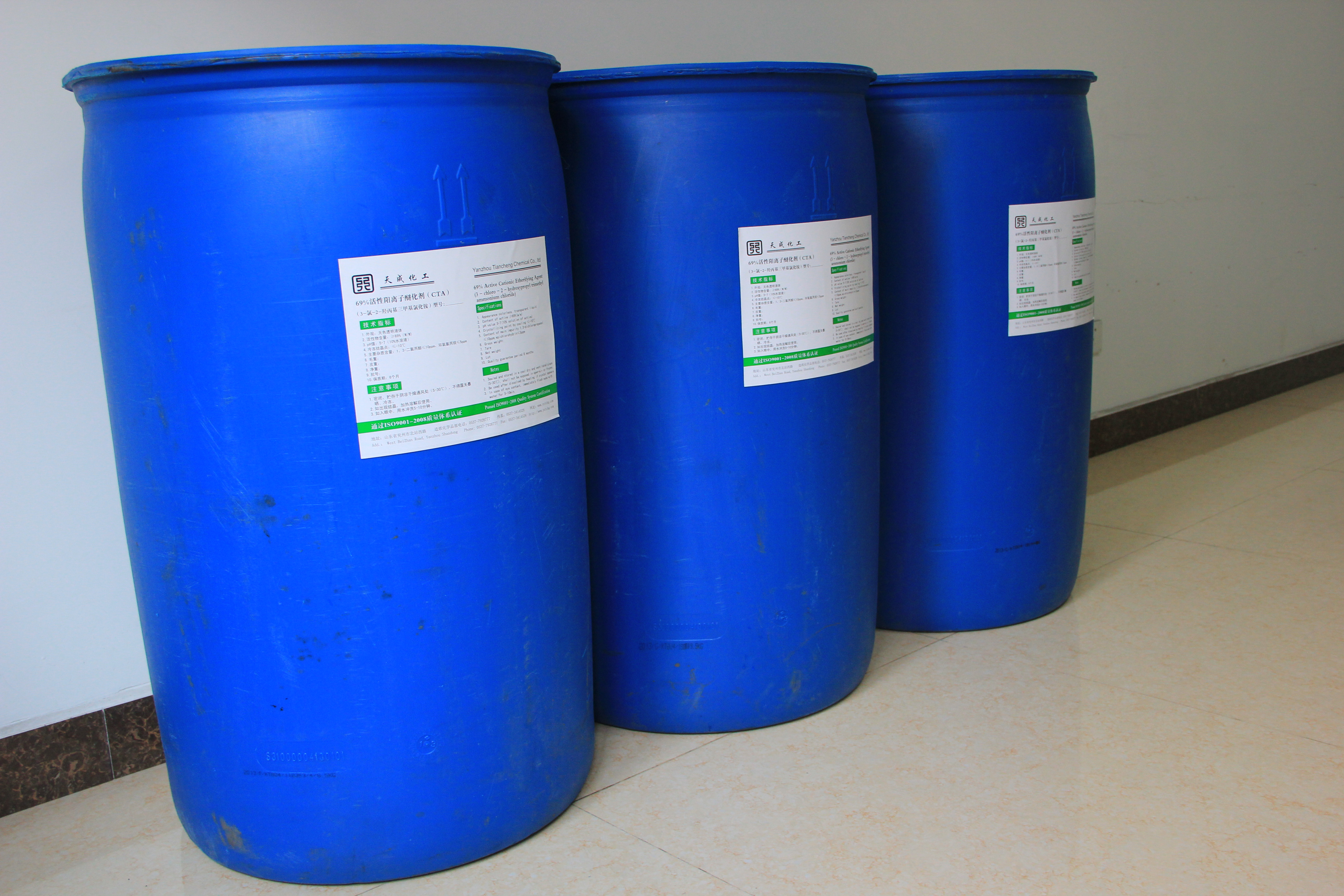Defoamer (defoaming Agent)
Feature
l Can inhibit the foam forming
l Excellent defoaming property quickly
l Stable and no separated layer in water based system
l Good compatibility with water based resin and no floating oil phenomenon
Application and dosage:
l Water based wood paint/coating
l Water based industrial paint/coating
l Water based automotive trim adhesive
l Emulsion paint/coating
l Water based coating etc.
Remark: Dilute the WC-DF505 by 3~5 times with water and add it into water based system.
Chemical composition:
l Modified polydimethylsiloxane polymer
Technical data:
l Appearance: Yellowish liquid
l pH (25℃): 6~7
l Active ingredient: ~30%
l Viscosity (25℃): 500-1000 Cp
Package, Storage and Transportation
l Available in 200 kg/ barrel or 25 kg/ barrel
l Storage period: ~12 months in closed containers, shady and dry place
Defoamer Agent,Fatty Alcohol Defoamer,Polyether Defoamer,Organosilicone Defoamer Shandong Tiancheng Chemical Co., Ltd. , https://www.tianchengchemical.com

Is it necessary to use selected strains in biogas fermentation?
Biogas fermentation is a biological process that relies heavily on the activity of microorganisms. When there's an adequate population of bacteria, the process can be significantly accelerated, leading to faster gas production and higher efficiency. Therefore, using high-quality microbial strains is essential. Products like Jinbao Biogas Fermentation Aid are specifically designed to enhance this process by providing the right balance of nutrients and trace elements needed for the growth of methanogens.
These microorganisms play a crucial role in breaking down organic materials into biogas. While external factors such as temperature and pH can influence the process, they only work effectively if the internal microbial community is strong and balanced. That’s why it's important to start with a good inoculum containing a large number of active microorganisms or bacteria with high viability.
Jinbao Biogas Fermentation Aid contains essential nutrients and trace elements that stimulate the growth and activity of methanogens. The inclusion of these elements helps the microbes multiply more quickly, increasing their overall population. This not only speeds up the fermentation process but also enhances enzyme activity, which accelerates the breakdown of complex organic materials like cellulose.
Additionally, the product includes a blend of adsorbents that increase the contact area between the bacteria and the organic substrates. This improved interaction allows for more efficient digestion and faster gas production. The adsorbents also help retain heat, creating a more favorable environment for methanogens to thrive.
By introducing these optimized microbial cultures, the fermentation process starts much quicker. Once the bacteria adapt to the new conditions, they continue to multiply and enrich the system, ensuring consistent and high-volume biogas production over time. In short, using selective and high-quality strains is not just beneficial—it's a key factor in achieving optimal performance in biogas fermentation.